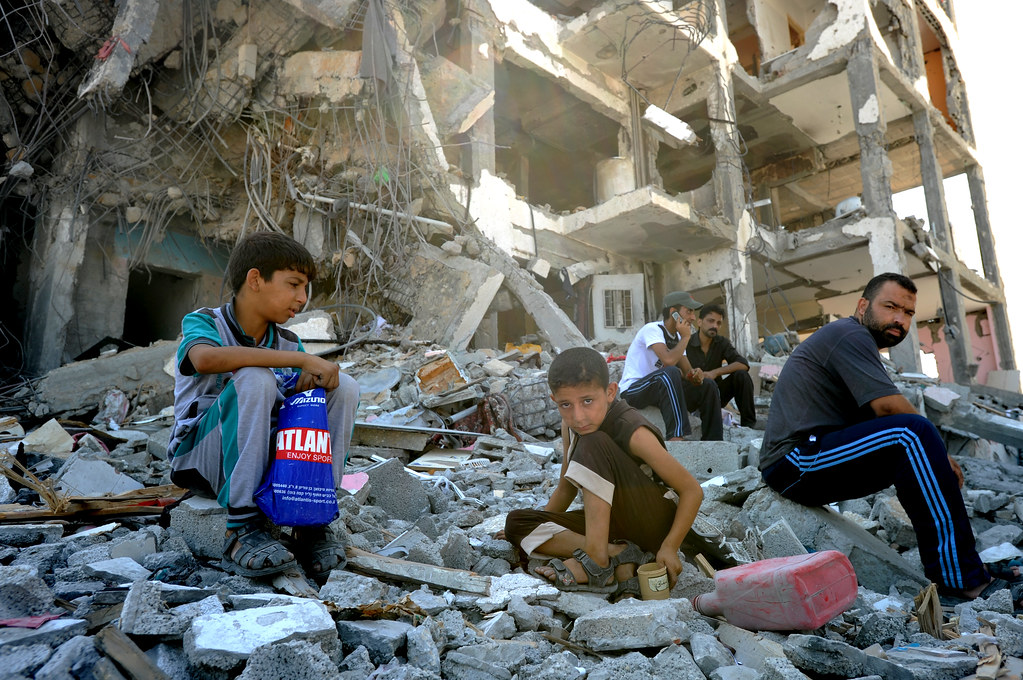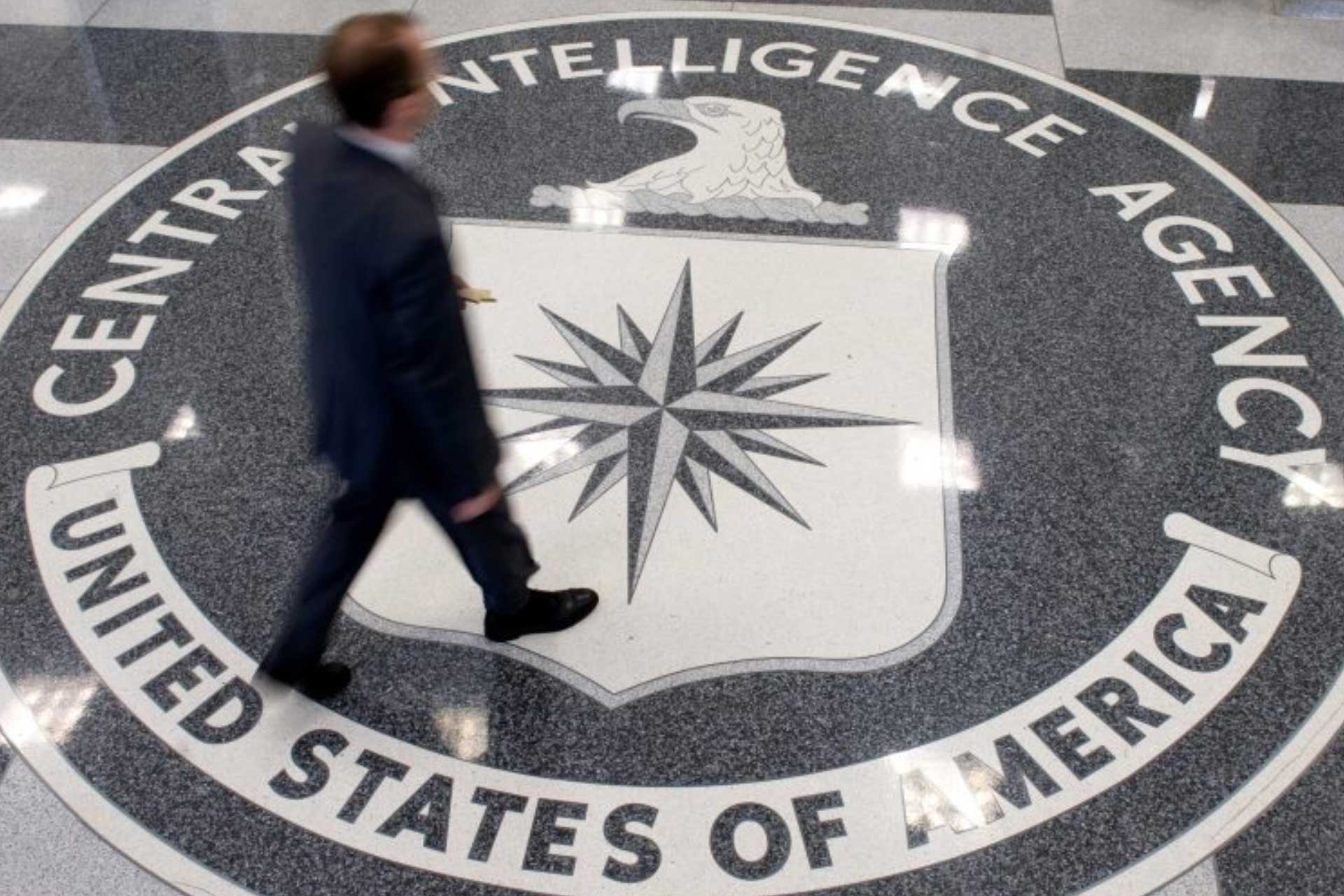The Gaza Conflict: A Catalyst for Global Change in the Clash Between Liberalism and Realpolitik
As an international relations student, I was always fascinating by theories as I came to realize that amidst the diversity of human behavior, there exists a remarkable uniformity that can often be distilled into a few key characteristics. In the core of international relations lies a foundational theory: In an anarchic environment, how do we navigate the delicate dance of coexistence?
And triumphantly rose our world order: liberalism, the optimistic belief that states can collaborate to forge an international society that fosters peace and prosperity for all individuals, irrespective of their nationality or status. The belief that we are all under the protection and safety of an all-encompassing international law, regardless of the circumstances or interests at play. Yet as a student, this notion of a protective cushion has always troubled me. If humans wrestle with their egos, how can we reasonably expect states to rise above self-interest? After all, the aggregation of individual actions forms the foundation of collective behavior, much like the gathering drops that constitute a river.
More than half a year into Israel’s military campaign in Gaza, many of us have become disconnected from the news cycle, succumbing to the human tendency to desensitize ourselves to circumstances we don’t directly experience. However, what people fail to realize is that Israel’s actions in Gaza extend beyond the Palestinian population; this conflict is poised to fundamentally reshape the global structure. As the world finds itself at a critical crossroads in contemporary international relations, the heart of this conflict reveals a fundamental tension between the principles of the liberal international order and the pragmatic realities of realpolitik.

I would contend that the most significant threat to the liberal order lies not in authoritarian rule, but in the glaring mismatch between the professed values and actions of liberal countries. This dissonance is vividly illustrated by the contrasting statements of Pentagon spokesperson John Kirby. While passionately condemning Putin’s actions in the Russia-Ukraine War with moral outrage, Kirby’s recent remarks on Israeli brutality took on a different tone, seemingly accepting the violence as a norm of war. Such discrepancies in rhetoric and demeanor highlight the scripted nature of narratives, leaving observers questioning the true motives behind Western alliances and policies. All of a sudden these immutable red lines that must not be crossed in the pursuit of humanity and dignity become susceptible to being blurred in the pursuit of national interests. This begs the question: Why should other nations continue to uphold this order when its integrity is compromised by selective enforcement?
It’s evident that discussions surrounding Palestine are riddled with glaring contradictions and double standards. The west, despite presenting itself as a leader of democracy, human rights, and the rule of law, now crushes student marches in support of Palestine, citing dubious claims of ‘supporting terrorism.’ In a global order purportedly fostering dialogue to resolve grievances, individuals are unfairly branded as terrorist sympathizer merely for acknowledging the broader context of Hamas attacks within the Palestinian struggle under a suffocating occupation. The selective censorship of dissenting voices in discussions on Palestine underscores not only the erosion of the liberal order but also the embrace of realpolitik principles, where geopolitical interests often override principles of free speech and human rights.
The failure of liberal democracies to hold Israel accountable for its violations of international law highlights a stark departure from the foundational principles of liberalism. Despite the professed commitment to multilateralism and conflict prevention, the reluctance to address Israel’s actions underscores how geopolitical interests often supersede moral and legal imperatives. As realist scholars contend, international institutions become instruments serving the agendas of powerful states rather than bastions of justice and accountability. The complicity of the liberal world in turning a blind eye to Israel’s transgressions not only undermines the credibility of liberal values but also perpetuates a cycle of impunity and injustice in the Palestinian struggle for rights and self-determination. The Israel War on Gaza shows that the real threat to the current order comes from within the system itself. Fundamental values upheld by the US-led global order, including respect for humanitarian law, freedom of expression, and the right to assemble, are now under threat. This raises the daunting question: If liberalism fails to provide a moral and stabilizing form of governance, then what or whose purpose does it serve?




Comments